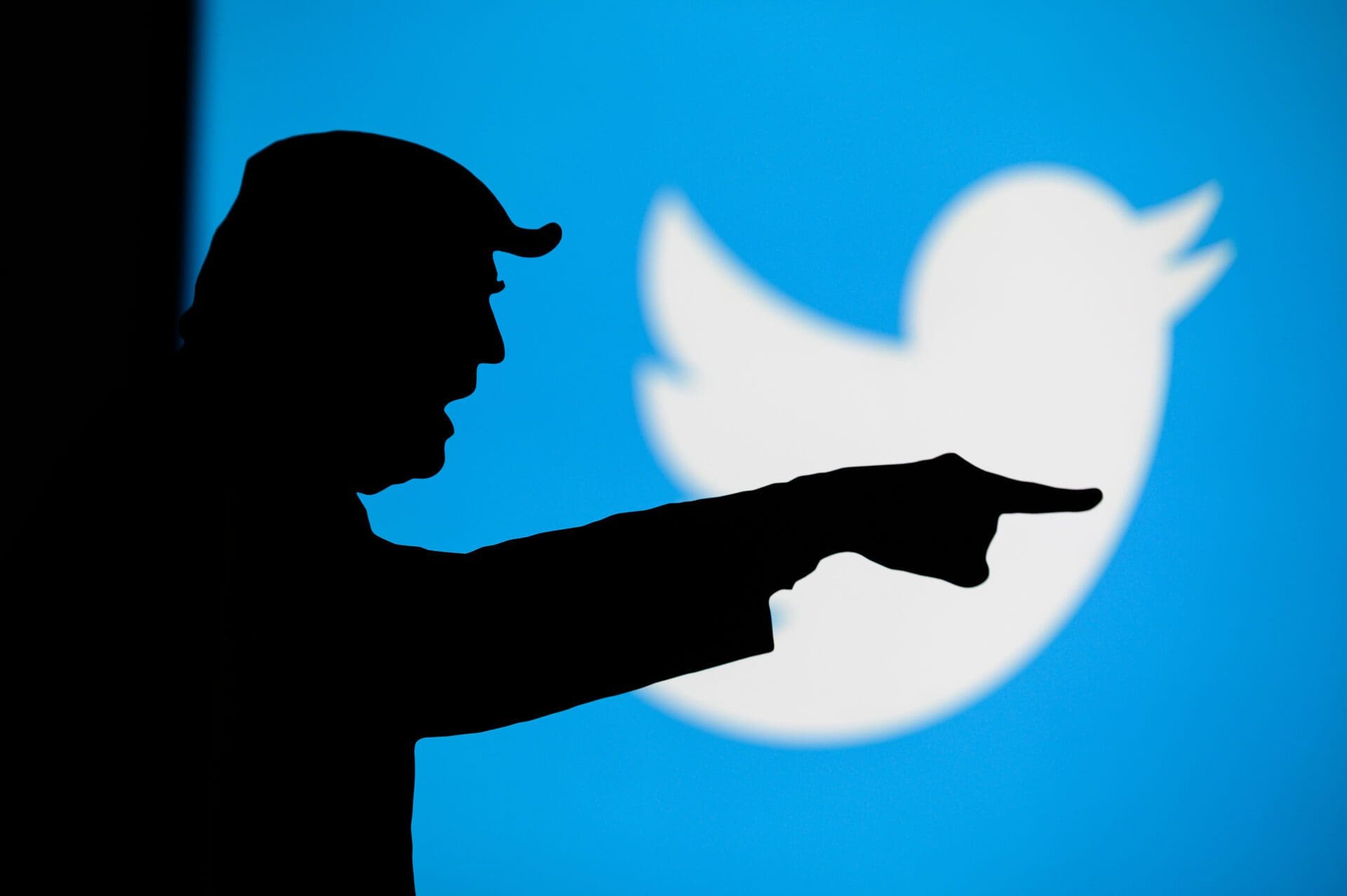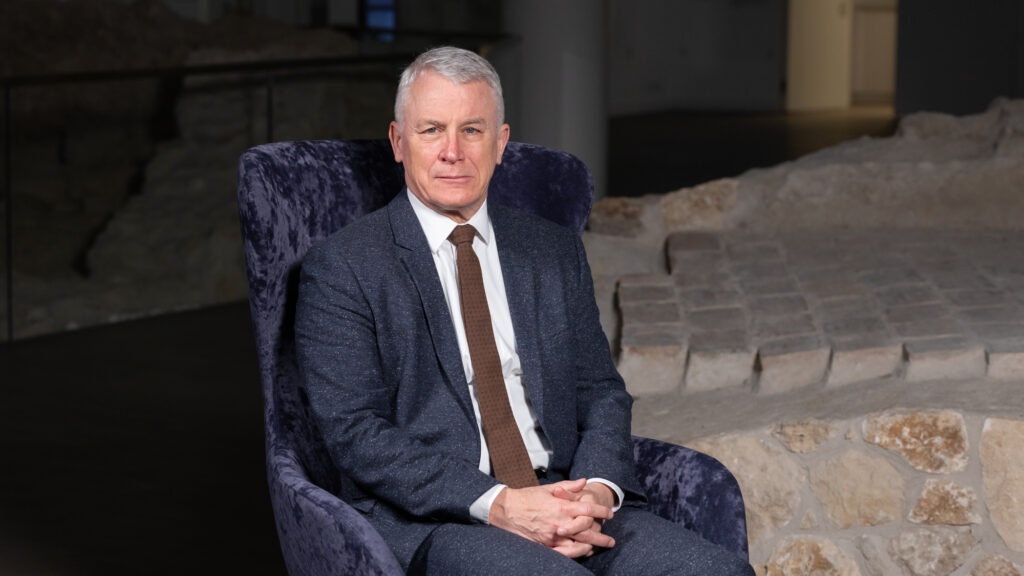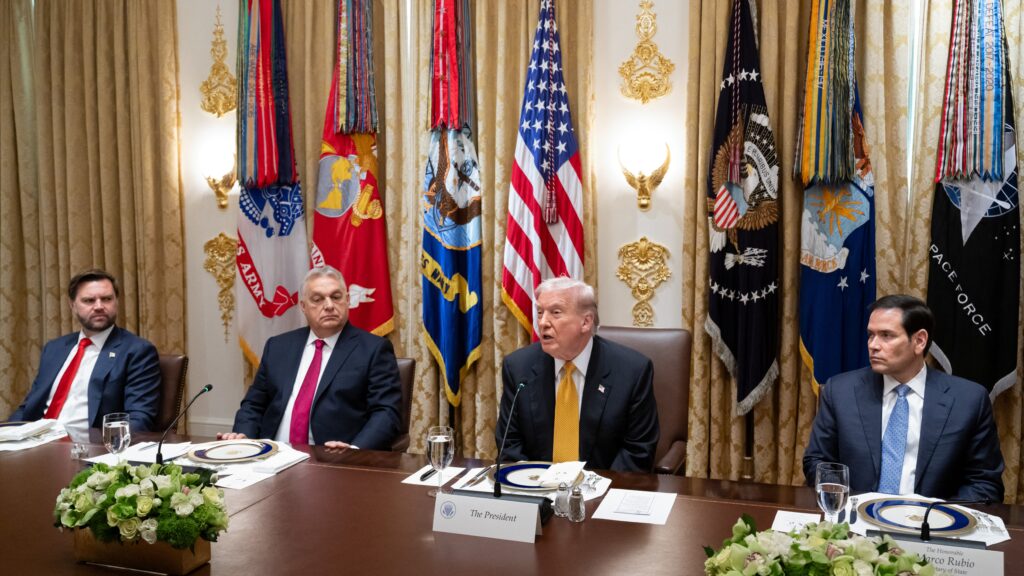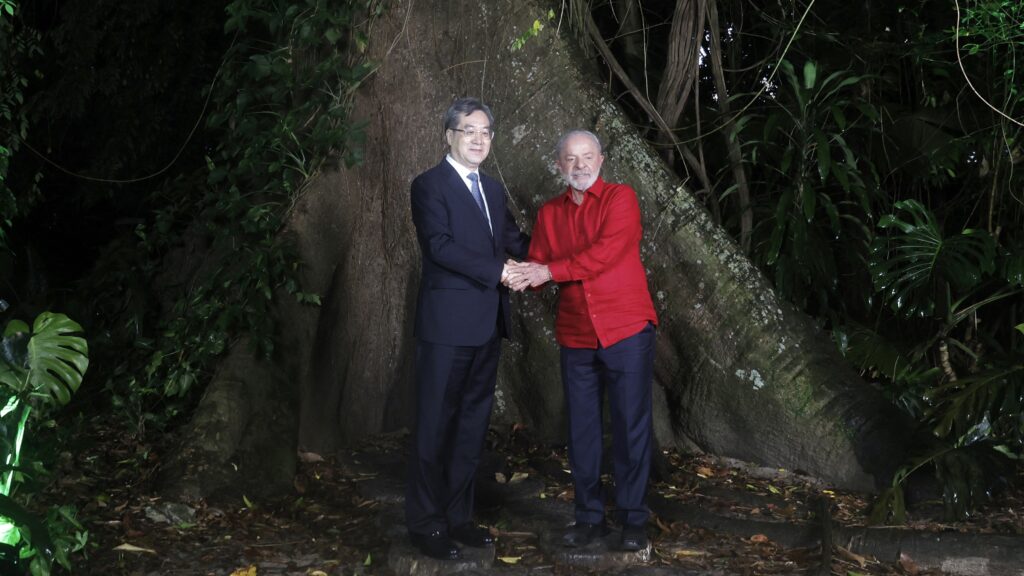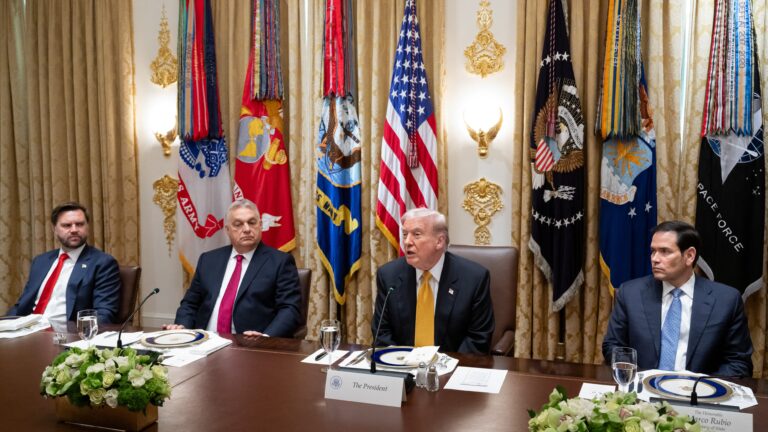The influence of Twitter is often overestimated. In Central Europe, for instance, only a negligible share of the population uses it. In the United States, where two in five adults reported having an account, Twitter is still only the fourth-largest platform—outperformed by Facebook, Instagram and TikTok alike. Yet, Twitter’s greatest achievement cannot be questioned: it has grown to become the platform for politics and for debating matters of public life. As such, Twitter administrators bear enormous responsibility for keeping the platform as neutral and unbiased as possible, especially when politicians across the spectrum use it to get their messages across. In the giant town square of global politics that Twitter has grown into, restricting freedom of speech based on arbitrary decisions and one-sided definitions of hate speech ‘for the sake of democracy’ is as undemocratic as it gets. This hypocrisy is also what Prime Minister Viktor Orbán pointed out on his first on the platform last month, asking why former president Donald Trump was still banished from the platform.
After my first day on Twitter, there’s one question on my mind. Where is my good friend, @realDonaldTrump? pic.twitter.com/vCzWfAy2sh
— Orbán Viktor (@PM_ViktorOrban) October 11, 2022
Beyond the friendly banter, it’s undoubtedly true that Donald Trump played a central role in Twitter’s history. The immense potential of Twitter in terms of political communication wasn’t truly unlocked until Trump announced his candidacy in 2015. His success in 2016 was in large part the result of his ability to make the most of the site’s system of short and quick messages, instantly reacting to every piece of news and discussion that could impact his campaign. His successful ‘weaponization’ of Twitter was also the reason why he was ultimately banned from the platform. The concrete excuse to suspend his account, however, was his perceived role in the 6 January Capitol riot. However, determining what exactly happened that day is not the job of a social media company. Its job is to avoid taking any sides, which usually doesn’t happen in Silicon Valley, to be honest. But now with Elon Musk at the helm of Twitter, things do seem like changing for the better, even if a lot of conservatives—including me—were a tad sceptical about his promised paradise of free speech.
But Musk has indeed delivered so far. The importance of freedom of speech for democracy was evidenced by the fact that more than fifteen million Twitter users voted in Musk’s poll that asked them if President Trump’s account should be reinstated. Now, even if those in favour of allowing Trum back were only about four points ahead of those against in the end, the result is not only clear, but also mirrors the 2016 presidential election in the US. ‘Vox Populi, Vox Dei’, wrote Musk after closing the poll, which could be a clever reference to the unalienable, God-given right to freedom of speech as set by the Constitution (although he may not have put that much thought into the comment).
Vox Populi, Vox Dei
— Elon Musk (@elonmusk) November 19, 2022
Conservative voices have not always struggled to get a foothold in social media, of course. Their increasing sidelining with flat-out censorship or more subtle practices such as shadowbanning only became noticeable as the culture war started to intensify throughout the West. Especially from 2015 onwards, the social media companies engaging in biased thought policing were hailed as the custodians of liberal values on the left which probably further emboldened them during the past few years. By the end of Trump’s presidency, Big Tech’s favouritism for liberals became too apparent not to notice. However, the Democrat Party would be a fool to disrupt the system since it’s their odds that Silicon Valley steadily increases in every election cycle. Not to mention a little collusion and conflicts of interest here and there, which by today are part and parcel of American politics. But what about Twitter specifically? Well, just take a look at the footage of undercover journalists of Project Veritas about several Twitter employees shamelessly admitting to the company’s bias.
MASHUP! Project Veritas has been exposing Twitter’s bias and censorship for years. Bring them back on Twitter! @elonmusk pic.twitter.com/wfV3vhtBn4
— Libs of TikTok (@libsoftiktok) October 28, 2022
But back to the notorious account of Donald Trump. At the moment of writing, Trump’s account has been restored for almost two full days, but he has not posted a single tweet yet. Regardless, leftists on Twitter are already in full-blown crisis mode, acting as if a single man could destroy democracy with his phone. Interestingly, buying the platform and restoring freedom of speech on it also made Elon Musk a lifelong Republican in their eyes, although the man never publicly endorsed either of the two parties.
The left automatically labels anyone who cares for freedom of speech a right-wing extremist. Leftists love to pose as champions of human rights and protectors of democracy, but only when it’s about people or causes that belong to them. The same rules don’t apply to the right.
If conservatives want free speech—we have been told time and again—they should create their own social media platforms. This is how free speech-friendly alternatives to Twitter, such as Gab, were born. But I believe these new channels fail to solve the original problem. New platforms only widen the divide between the two sides of the political aisle, render public discourse more difficult and strengthen existing echo chambers on both sides. Besides, there are only so many people that will ever leave the well-established, big social media sites that they are used to. No, free speech on Facebook and Twitter should be protected by legislation instead, since they have become our most important communication channels. Banning a politician from Twitter—especially a presidential candidate preparing for his campaign—is essentially the same as it would have been to forbid someone from taking part in TV debates in the early ‘90s. And Trump is a presidential candidate now, let’s not forget.
I am not saying that there is no such thing as hate speech, or that social media should not be moderated. On the contrary, basic human dignity that belongs to each and every one of us is just as important a value for conservatives as freedom of speech and must be respected. What I am saying is that we cannot let just one side take have monopoly on the definition of hate speech and hurtful content. Some truths are inconvenient, and some people are controversial, but that’s not sufficient reason to ban them. Discussing conflicting views is how we, as a society, can ultimately progress. I don’t care if it is Elon Musk or Mark Zuckerberg, for that matter: I’ll always side with those who choose dialogue over censorship and freedom of thought over the tyranny of doctrines. Let a hundred flowers bloom and let Trump tweet—Twitter was so much less fun without him!

